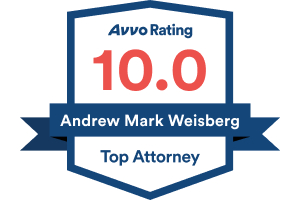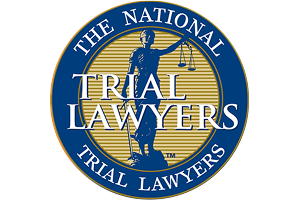- Free Consultation 24/7: (773) 908-9811 Tap Here To Call Us
Will Chicago’s DEA Cartel Crackdown Lead to Overzealous Policing?

Drug trafficking is a serious problem in any major city, including Chicago. Drug trafficking operations put more drugs into the hands of users, and bring violent crimes associated with the drug trade into the city. Mexican drug cartels are notoriously violent, and they are a primary source of many dangerous controlled substances.
The DEA recently announced a new initiative to target drug trafficking into Chicago by Mexican drug cartels. These plans call for a new enforcement group within Chicago to better target drug traffickers.
Although this is largely beneficial for Chicago citizens, this enhanced effort may mean that some law enforcement officials get a little overzealous in prosecuting drug trafficking. It’s therefore important to understand the laws surrounding drug trafficking so you know what you’re up against and how to fight back if you face drug trafficking charges.
How Illinois Law Defines Drug Trafficking
Drug trafficking, or controlled substance trafficking, is defined as bringing a controlled substance or precursor into the state of Illinois to distribute or manufacture the substance within the state of Illinois or elsewhere.
Therefore, the three elements of controlled substance trafficking are as follows:
- The defendant knowingly
- Brought or caused to be brought a controlled substance into the state
- With the intent or purpose to deliver it elsewhere.
To convict a defendant of drug trafficking, the prosecution must be able to prove the defendant’s knowledge of the trafficking, as well as the intent to distribute it elsewhere.
State Versus Federal Drug Trafficking Prosecution
Drug trafficking is illegal at both the state and federal level. Even if the trafficking only takes place in the state of Illinois, it may be prosecuted at either the state or federal level. This is left to the discretion of the court systems.
If the drug trafficking involved crossing state or international borders, which is often the case, it will be federally prosecuted. Further, any drug trafficking caught by the current DEA effort will be prosecuted federally, as the DEA is a federal agency.
Federal prosecution is much more serious than state-level prosecution for a number of reasons:
- Federal agencies have more resources to investigate, so the evidence against you will likely be stronger and more difficult to defend against.
- Federal courts have strictly enforced mandatory minimums, and federal prosecutors are more likely to seek the maximum possible sentence.
- Federal prisons are likely to be much farther from your home, making visitation during incarceration more difficult.
Federal cases require special expertise. If you are being investigated or prosecuted federally, you will need a Chicago criminal defense attorney who is experienced in defending federal cases.
Drug Trafficking Penalties in Illinois and Beyond
As with any drug crime, drug trafficking is sentenced based on the amount of substance in question. Your relative involvement in the drug trafficking operation is unlikely to be considered, so even if you play a minor role, you face the same penalties as those who are heavily involved.
You can generally expect a prison term of at least 10 years even for a first offense. For a second offense, you can expect to be incarcerated for at least 20 years, and for a third or more offense, you could be sentenced to life in prison.

Worried? You should be. However, it’s important to remember that drug crime charges do not equate to a conviction. Depending on the circumstances of your case, there may be a number of defense strategies that can help – you just have to put forth the effort to fight.
About the Author:
Andrew M. Weisberg is a former felony prosecutor who now serves as a defense attorney in the greater Chicago area. He has extensive experience in handling all types of criminal cases, from sex offenses and domestic violence to retail theft-related crimes, murder, and drug crimes.




















